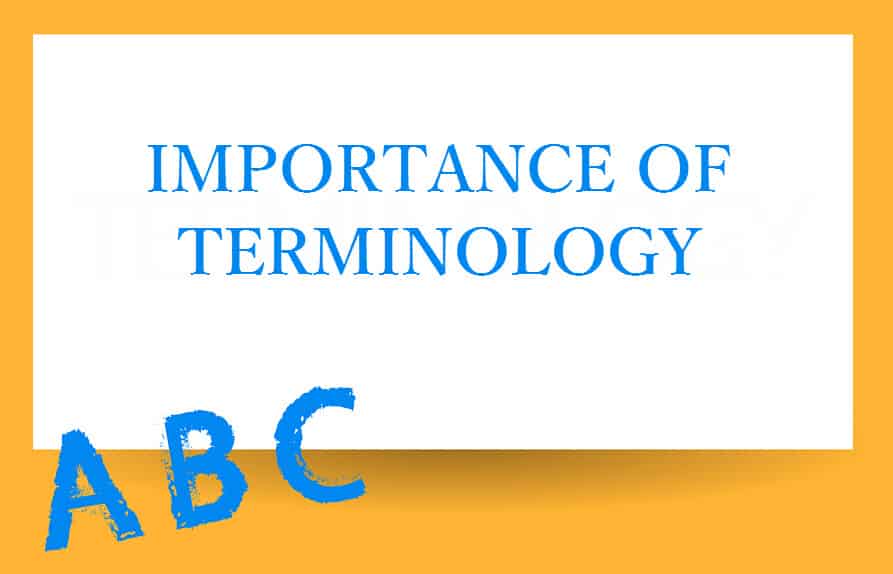The Importance of Terminology in Legal Translations
Legal Translations and the Importance of Terminology
It all depends on who your audience is, but it is not typically possible to use any sort of words in a legal translation, as you are limited by the terminology used in legal language. There has not yet been much adjustment to legal terminology over the decades, let alone over the centuries. There are various legal documents that have not changed much in the language that they use, such as
- statutes;
- patents;
- contracts; and
- divorce documents.
Even if the above documents are written in another language, there will be a specific legal language used for those types of legal documents. That is how it is and despite efforts to simplify the language, not many have been successful.
GETTING IN TOUCH WITH US
Blog - Getting In Touch With Us
Legal translators need to understand legal terminology in 2 languages
So as to make sure the legal terminology is correct once it has been translated into a second language it is vital to ensure the right understanding and meaning have been conveyed. Think about it for a moment. If a legal document for divorce has been translated from say English to German, but a few of the details were unfortunately mistranslated, this could end up with a lot of confusion for those concerned. This will need to be translated again before the client is satisfied. This may have been avoided if the client had sought assistance from an experienced legal terminology translator in the first place.
Why legal translation is so complex
Like any kind of written document, a legal document is not always that straightforward. Often, language is used with the intention of influencing the reader, such as a witness’s report. Keeping to the best meaning is not necessarily that easy, so the skill of an experienced translation service is necessary to ensure that the intended reader can understand clearly the translated legal document. A mistranslation of a legal document could be quite devastating for all those concerned. If it was a witness’s report in court which gave the wrong impression of a person or events, the defendant may find s/he is facing imprisonment, rather than a fine. In a law court, no one knows except the translator how accurate a translation is of a legal document. One thing that is certain is that the best legal document translator comes from the best legal document translation service so the client in actual fact gets the best legal document translation.
Automated translation is not the answer for legal terminology translations
With the rise in automated translations, there is the temptation for legal firms to choose this method for their legal terminology translations as it is cheap, fast, and predictable. Legal translations are really a bit too complex for automated translation tools. To be able to perform an effective legal terminology translation, the translator has to put some thought into it before completing the translation. Automated translation tools at this point in time do not have the ability to think and therefore be able to churn out an accurate legal translation. Google Translate, or other automated translation programs, may be ideal for getting the gist of a website or document but to be able to translate a legal document with legal terminology may not be quite so easy. We are not yet that near to completely replacing human translators with automated translators. There was a case with a Japanese patent where the word ‘pattern’ was accidentally used instead.
Types of legal translations
Typical legal terminology translations are:
- Personal identity documents like passports and birth certificates. Work testimonials, educational certificates, diplomas, police reports, diplomas, divorce decrees, and much more;
- Court documents that provide details about trials the translation of which is requested often for international court cases;
- Trade contracts that have been approved by overseas courts as these are often necessary for selling of goods or when a trade license is required. A company that wishes to conduct business in an overseas country is required to have its Articles of Incorporation or Shareholder Books translated as well as commercial registration legal documents;
- International treaties are relevant to international law, regulations, and rules in the signatory countries. The original language documents are required to have precisely the same legal effect as an official translation into a 2nd language.
Legal translations may at times be hard to complete accurately but legal translators play a vital role in all societies. The law has an effect on many areas of our lives, from the acceptance of a company's terms and conditions if some software is downloading onto your smartphone or computer to taking out money from an ATM. Translated legal terms inform a government, company, or individual what it can or cannot do. This has serious implications for modern society.




